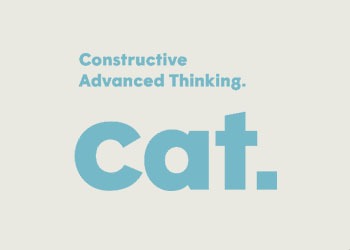
SCAS News - 20 October, 2023
Controversial Tools of Water Governance in Focus for Visiting CAT Research Group
With a research project entitled Controversial Tools: Researching Modelling Practices in Water Governance,
another group of early-career scholars within the Constructive Advanced Thinking (CAT) programme has
visited the Collegium in the past week. The group consists of Dr. Rossella Alba (PI) (IRI-THESys and
Geography Department, Humboldt-Universität zu Berlin); Rozemarijn ter Horst (Water Resources Manage-
ment Group, Department of Environmental Sciences, Wageningen University); Dr. Jonatan Godinez Madrigal
(Land and Water Management Department, IHE Delft Institute for Water Education); and Bich Tran (Land and
Water Management Department, IHE Delft Institute for Water Education), and they describe their project as
follows:
“The development and use of quantitative models in water research and practice is both dominant and growing,
importantly driven by recent technological developments. Although often presented as objective and neutral,
models are controversial tools. They provide insights to predict future conditions of water systems, and oppor-
tunities to foster an integrated approach to tackle water-related challenges while addressing complexities
related
to managing fugitive resources such as water. Yet, models and modelling are specific ways of know
ing water
based on measurements and quantification. Foremost, models are profoundly shaped by the nume-
rous,
sometimes arbitrary, choices of the actors involved in the modelling process and by the geographical
and
historical
context in which they are developed.
In this project we jointly research modelling as it is used to manage and govern water distributions. The project
strengthens the collaboration between an interdisciplinary and international group of early career researchers
studying water modelling in various geographical contexts and from different perspectives and methodologies.
We are developing a reflexive approach to modelling that is helpful to make the ethical implications involved in
modelling practices explicit, and invites modellers, funders, and users to act upon these. With this project we
explore the challenges and opportunities to implement this novel approach through regular workshops, peer to
peer learning and engagement with experts.”
------
SCAS is one of twelve participating institutes of the CAT initiative, which was developed within the
framework of the Network of European Institutes for Advanced Studies (NETIAS), and launched in
2019. The programme aims at supporting small groups of excellent early-career researchers conducting
fundamental research dedicated to developing new ideas to understand and to tackle current or emerging
societal challenges. The selected groups work on their project for a duration of up to three years and
during this time they are invited to meet for short stays at some of the participating institutes, where
they also get the opportunity to get in contact with the Fellows in residence at the institutes as well as
local research communities.
Read more about the CAT programme >>
Read more about the Network of European Institutes for Advanced Studies (NETIAS) >>






